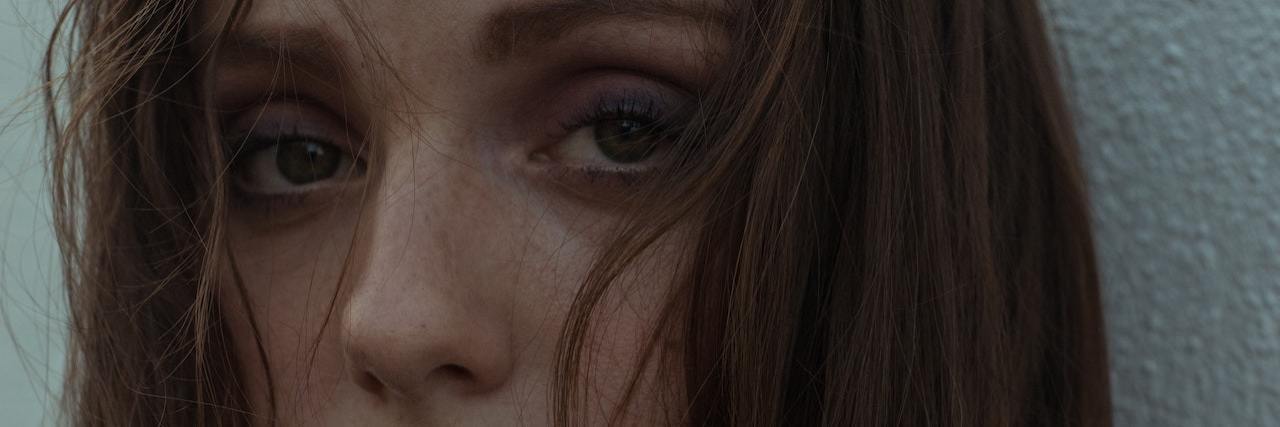A year ago, almost to the day, I broke down crying in my kitchen over a pack of deli turkey. I was making my lunch for work on a Saturday afternoon after a long week of full-time school and internship. I was trying to keep up with my summer job on the weekends to make some extra spending money. Earlier last summer, I had stopped taking my medication for obsessive-compulsive disorder (OCD) and anxiety. I thought I didn’t need it anymore, so under the guidance of my doctor and my therapist, I weaned off of it. I was unmedicated, anxious, stressed and reaching a breaking point.
A year ago, almost to the day, I experienced passive suicidal ideation for the first time, and I didn’t even realize it.
I’ve never really had symptoms of depression; my mental health journey mainly involves a diagnosis of OCD, characterized by intrusive thoughts and compulsions. I’m years into this journey; I know about therapy, medication and support. I know what passive suicidal ideation is; as a psychology major, a social work graduate student and now a therapist, I am very familiar with the term and what kind of thoughts qualify as “passive SI,” as we call it in the field. But for many years, I thought suicidal ideation went hand-in-hand with depression.
Was it possible to have passive suicidal ideation and not have depression? Was it possible to have passive suicidal ideation and not even realize it, or not be able to define it as such?
The answer, simply, to all those questions: yes. And here I was, years into my mental health journey, experiencing this for the first time.
For me, these passive thoughts did not include any desire to end my life, which is why I think it was hard to recognize them as passive suicidal ideation at all. I never once thought, “I want to end my life,” or “this life isn’t worth living,” or anything like that.
Instead, my brain was on a different type of endless loop:
“I can’t live like this anymore.”
“My thoughts are too much. I can’t stop my compulsions. I just can’t stop.”
“My brain won’t stop. I need it to stop.”
“I just don’t want to feel like this anymore.”
My thoughts weren’t about dying or not living. I don’t have a diagnosis of depression. So what was going on?
It took me almost a year to admit to myself that I was experiencing an atypical form of passive suicidal ideation. And it took me even longer to speak about it to anyone else or write about it. Thankfully, it didn’t take as long to realize something had to change. Through the help and encouragement of my parents, boyfriend and loved ones, I got help. I stopped overworking myself into a breakdown. I started taking medication again for my intrusive thoughts and compulsive behavior. I talked about what I was feeling with my therapist.
A year ago, almost to the day, I experienced passive suicidal ideation for the first time. And it taught me more about myself, mental illness, and being a therapist than any class or course ever could.
Photo by Steven Jones on Unsplash

